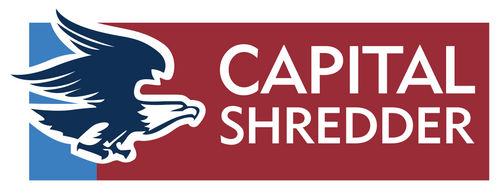Simple documents like receipts and old statements can hide more confidential information than you think. It’s important to securely store and shred these documents to protect your personal information. Learn which important documents you should shred and what information they may contain.
Old Bank Statements
While you can hang onto old bank statements for a couple of months to a year, you won’t need them afterward. Online banking makes most paper bank statements obsolete. There’s no reason to hold onto old bank statements longer than necessary, as they can put your personal information at risk. Bank statements contain information like your name, address, financial balances, and account information. As a best practice, shred bank statements after six months to a year.
Canceled Checks
Banking checks hold a wealth of vital information, such as your name, address, account number, routing number, and more. With this information, thieves and hackers can more easily access your accounts. This is why you should always secure old and canceled checks and shred them when you no longer need them. With mobile checking becoming more prevalent, you may also have old checks that you’ve already deposited digitally. Add these to your personal document shredder after waiting 30 days to ensure your bank deposits the checks properly.
Old ID Forms and Cards
ID forms and cards serve as a direct tool of identification, which could be dangerous in the wrong hands. Keep your old ID cards and forms safe and secure until it’s time to shred them. Your average paper shredder can handle destroying identification forms. However, you’ll need a specialty machine to shred plastic ID cards. If your workplace has a multi-media shredder or disintegrator, consider using either to shred ID cards. Never place foreign materials in your paper shredder, as this could put you at risk of damaging the machine.
Paid Billing Statements
Much like your bank statements, you can often find paid billing statements in your online accounts. You can usually shred paid bills immediately for this reason. Your billing statements can hold valuable information such as your name, address, account information, and more, so be cautious with these forms.
Now that you know which important documents you should shred, you just need a compatible paper shredder. Whether you’re looking for a compact deskside shredder or a heavy-duty high-security shredder, you can find a variety of shredder models here at Capital Shredder.


